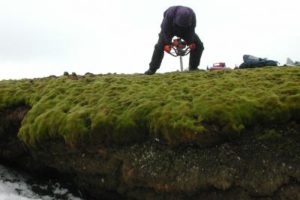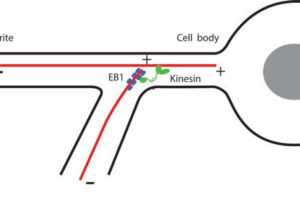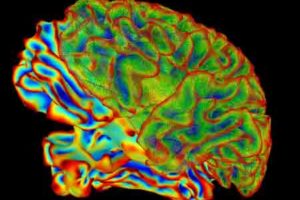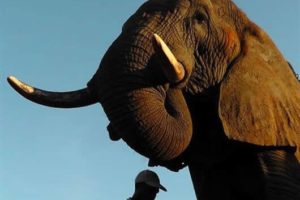current biology
Even in a crowd, you remain unique, UCLA life scientists report
“Am I just a face in the crowd? Is that all I’ll ever be? … Do you think I stand out?”
— The Kinks, “A Face in the Crowd” It may seem paradoxical, but being part of a crowd is what makes you unique, according to UCLA life scientists.
Bio…
Young female chimpanzees appear to treat sticks as dolls
CAMBRIDGE, Mass. — The must-have gift for young female chimpanzees this holiday season might be in the Christmas tree, not under it.
That’s the finding of scientists at Harvard University and Bates College, who say female chimpanzees appear to tr…
A recent IRCM breakthrough impacts cancer research
Montreal, October 28, 2010 — A team of scientists at the Institut de recherches cliniques de Montréal (IRCM) led by Dr. Jean-François Côté, Director of the Cytoskeletal Organization and Cell Migration research unit, identified a novel molecula…
Dogs may be pessimistic too
A study has gained new insight into the minds of dogs, discovering that those that are anxious when left alone also tend to show ‘pessimistic’ like behaviour.
The research by academics at the University of Bristol, and funded by the RSPCA is publi…








